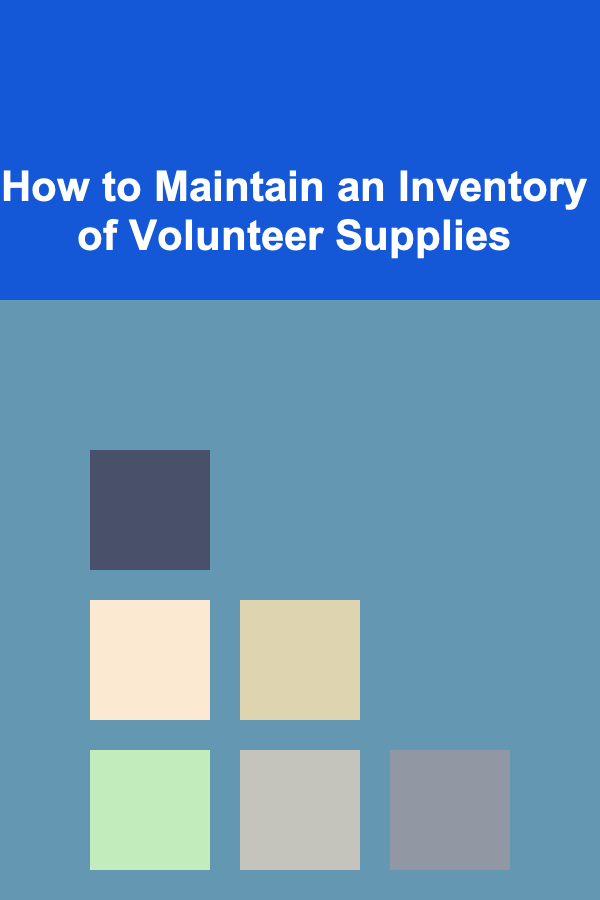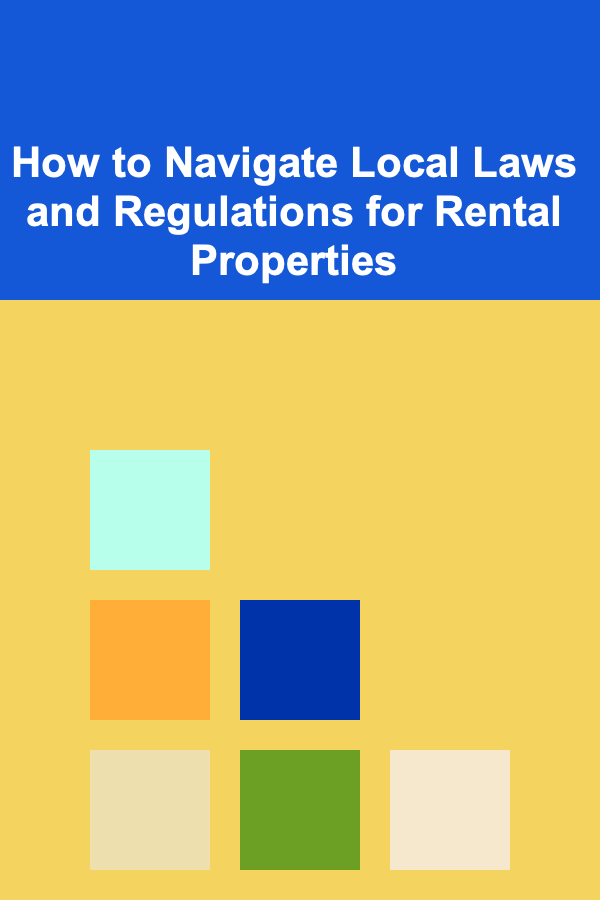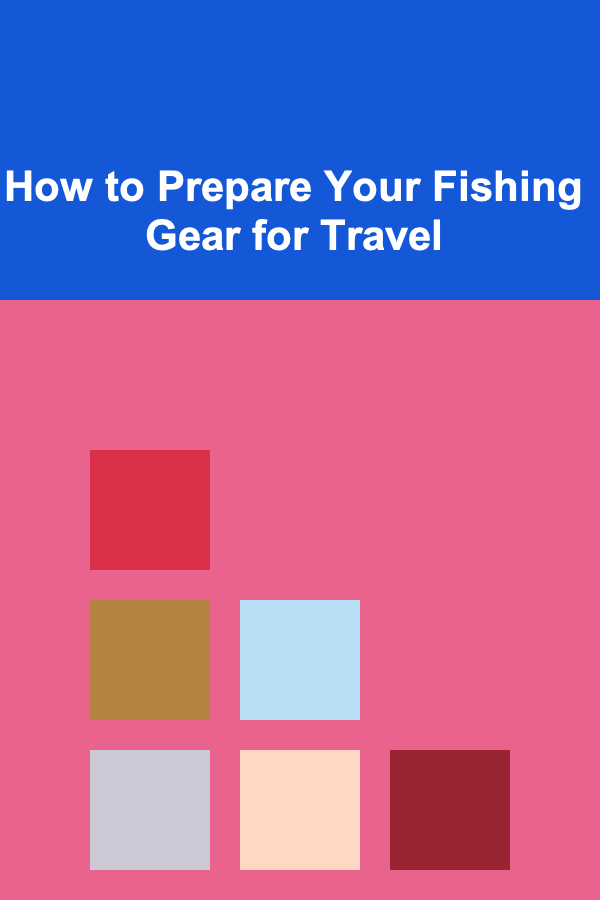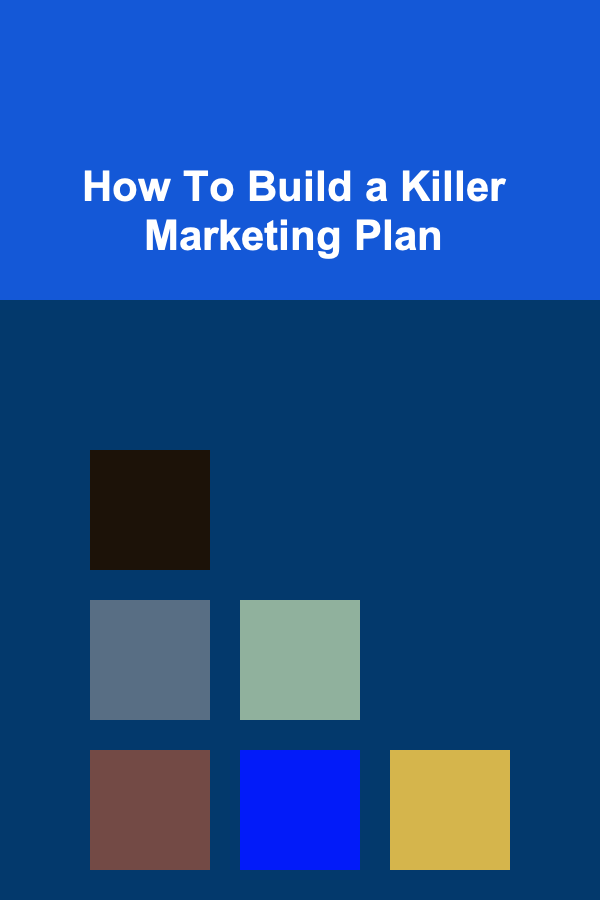
How to Create a Job Interview Checklist for Preparation
ebook include PDF & Audio bundle (Micro Guide)
$12.99$5.99
Limited Time Offer! Order within the next:

A job interview is often the decisive moment in your job search journey. It's an opportunity to showcase your skills, experience, and personality, as well as your fit for the company. However, an interview can also be a nerve-wracking experience. Proper preparation is the key to ensuring you leave a positive impression and increase your chances of landing the job. Creating a job interview checklist is an essential part of this preparation.
This guide will walk you through the steps of crafting a detailed and actionable interview checklist that will help you prepare for every aspect of your interview---from researching the company to dressing appropriately and preparing insightful questions.
Research the Company and Role Thoroughly
Before the interview, it's crucial to have a solid understanding of the company, its values, its culture, and the specific role you're applying for. Researching the company helps you tailor your answers to align with their goals, while also ensuring you're well-informed about their products, services, and market position.
Key Actions:
- Company Overview: Look at the company's website, read their mission statement, and understand their values and culture.
- Products and Services: Be familiar with what the company offers, who its competitors are, and any recent developments or news.
- The Role: Analyze the job description and understand the responsibilities, required skills, and experience. Compare these with your qualifications to identify how you can add value.
- Company News: Stay up-to-date with the latest company news, such as new product launches, partnerships, or leadership changes. This could be useful for discussing the company during the interview.
Prepare Your Answers to Common Interview Questions
Job interviews typically involve a set of standard questions aimed at assessing your background, skills, and suitability for the role. While you can't predict every question, preparing answers to the most common ones will help you feel confident and articulate during the interview.
Common Questions to Prepare For:
- Tell me about yourself: This is usually the opening question. Craft a concise, engaging story that highlights your key experiences and why you're excited about this role.
- Why do you want to work here?: Refer to your research on the company and explain how your values and goals align with theirs.
- What are your strengths and weaknesses?: Be honest, but strategic. Choose strengths that are relevant to the role, and discuss weaknesses that you're actively working to improve.
- Describe a challenging situation you've faced and how you handled it: Prepare a STAR (Situation, Task, Action, Result) response to demonstrate your problem-solving skills.
- Where do you see yourself in five years?: Show that you have long-term career goals and are eager to grow with the company.
Prepare Questions to Ask the Interviewer
Interviews are a two-way street. Asking insightful questions shows that you're genuinely interested in the role and the company. It also gives you the chance to assess whether the job and the company are a good fit for you.
Questions You Could Ask:
- What does success look like in this role?: This question will help you understand the expectations and metrics for performance.
- Can you tell me more about the team I'll be working with?: This shows that you value teamwork and collaboration.
- What is the company's approach to professional development?: This demonstrates that you're interested in growing within the company.
- What are the next steps in the hiring process?: A great way to show that you're serious and want to know the timeline.
Prepare Your Resume and Portfolio
Your resume is the foundation of your qualifications, and your portfolio (if applicable) is an essential tool for demonstrating your skills. It's crucial to bring updated, polished versions of these documents to the interview.
Checklist:
- Update Your Resume: Ensure that your resume is current, free from errors, and reflects your most recent accomplishments.
- Tailor Your Resume: Adjust your resume to match the job description. Highlight relevant skills and experience that align with the position.
- Prepare Your Portfolio: If applicable, bring a portfolio showcasing your work---whether it's design projects, writing samples, or coding assignments. Ensure your portfolio is well-organized and easy to navigate.
- Bring Multiple Copies of Your Resume: Always have several copies of your resume with you, in case you're interviewing with multiple people or need to leave one behind.
Dress Appropriately for the Interview
First impressions matter, and the way you dress plays a significant role in shaping that impression. Dress according to the company's culture and the role you're applying for. When in doubt, it's better to err on the side of being slightly overdressed than underdressed.
Key Points to Consider:
- Company Culture: Research the company's dress code. For tech startups, business casual may be appropriate, while more traditional industries (like finance or law) may require formal attire.
- Personal Grooming: Make sure your hair is neat, your clothes are clean, and your overall appearance is professional.
- Comfort and Confidence: While you want to look professional, you should also feel comfortable in what you're wearing. If you're uncomfortable, it may affect your confidence during the interview.
Practice Good Body Language
Non-verbal communication plays a significant role in how you're perceived during an interview. Positive body language can convey confidence, enthusiasm, and professionalism, while poor body language can undermine your message.
Body Language Tips:
- Firm Handshake: A strong handshake conveys confidence and professionalism.
- Maintain Eye Contact: Eye contact shows that you're engaged and attentive, but don't stare---aim for a natural amount of eye contact.
- Sit Up Straight: Good posture conveys confidence and attentiveness. Avoid slouching.
- Smile: A genuine smile can make you appear approachable and friendly.
- Use Gestures: When talking, use hand gestures to emphasize points. This makes you appear more engaged and energetic.
- Avoid Fidgeting: Try not to cross your arms, tap your foot, or play with your hair, as this can make you seem anxious or defensive.
Plan Your Logistics for the Interview Day
The logistics of your interview day can make or break your performance. Ensure that everything is in order the day before the interview, so you can focus on impressing the interviewer rather than worrying about practical details.
Key Actions:
- Confirm the Interview Details: Double-check the time, date, and location of the interview. If it's a virtual interview, confirm the platform and ensure you have the correct link.
- Plan Your Route: If the interview is in person, plan your route and account for potential delays (traffic, public transport issues, etc.). Aim to arrive 10-15 minutes early.
- Test Technology (for Virtual Interviews): Test your internet connection, camera, and microphone beforehand to avoid any technical glitches.
- Prepare Your Interview Materials: Gather your resume, portfolio, a notebook, and a pen the day before the interview.
Get a Good Night's Sleep and Eat Well
The night before your interview, ensure you get plenty of rest. A well-rested mind is sharper, more alert, and more able to think on its feet during the interview.
Tips for Pre-Interview Day:
- Sleep Well: Aim for 7-9 hours of sleep to ensure you're well-rested and energized.
- Eat a Balanced Meal: Have a healthy meal before the interview to keep your energy levels up. Avoid heavy meals that might make you sluggish.
- Stay Hydrated: Drink enough water, but don't overdo it before the interview to avoid distractions.
Follow-Up After the Interview
After the interview, it's essential to follow up with a thank-you note or email. This serves as a reminder of your interest in the position and demonstrates your professionalism.
Follow-Up Checklist:
- Send a Thank-You Email: Express gratitude for the opportunity to interview, briefly reiterate your enthusiasm for the role, and mention something specific from the interview.
- Timing: Send the thank-you note within 24 hours of the interview.
- Personalize: Make sure to mention specific details from the interview that made you excited about the role or the company.
Conclusion
A well-prepared job interview checklist can make all the difference when it comes to securing your desired role. By researching the company, preparing for common questions, dressing appropriately, and practicing good body language, you can walk into the interview with confidence. Additionally, by handling logistics and following up afterward, you'll leave a lasting positive impression. With this checklist, you can turn the intimidating process of a job interview into an opportunity to shine and demonstrate your fit for the position.

How to Maintain an Inventory of Volunteer Supplies
Read More
How to Navigate Local Laws and Regulations for Rental Properties
Read More
How to Prepare Your Fishing Gear for Travel
Read More
Understanding the Genetics of Psychiatric Disorders: A Deep Dive
Read More
How To Build a Killer Marketing Plan
Read More
How to Repair a Broken LCD Screen
Read MoreOther Products

How to Maintain an Inventory of Volunteer Supplies
Read More
How to Navigate Local Laws and Regulations for Rental Properties
Read More
How to Prepare Your Fishing Gear for Travel
Read More
Understanding the Genetics of Psychiatric Disorders: A Deep Dive
Read More
How To Build a Killer Marketing Plan
Read More